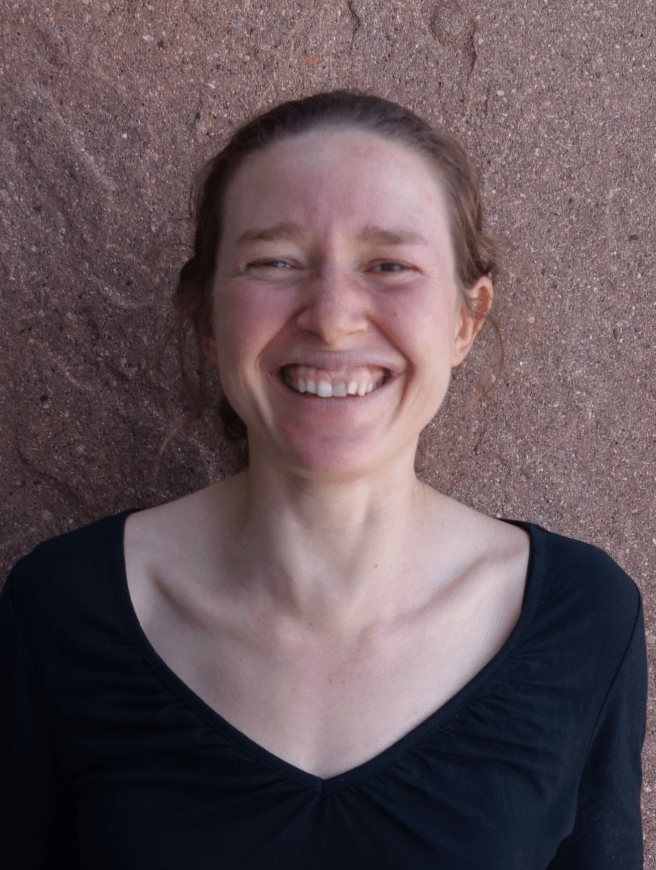Sonia Buckley, Ph.D.
National Institute of Standards and Technology
When: Tuesday, April 7, 10:30am
Where: Virtual Zoom Lecture
Watch the recording HERE
ABSTRACT
Quantum optics experiments, such as Bell randomness generation and linear optical quantum computing typically take place on large optical tables, with free space optics that require alignment, and then realignment. Bringing these large, free space experiments to the chip scale would enable more complex experiments, by shrinking down individual components and moving the challenge of optical alignment to the cleanroom. The challenges associated with on-chip quantum optics can be broadly broken down into three categories: 1) on-chip quantum light sources, 2) optical components and routing and 3) on-chip detectors. In this talk I will give an overview of the efforts taking place at NIST, Boulder towards solving each of these challenges. I will discuss quantum light sources based on either spontaneous four-wave mixing or solid-state quantum emitters. Superconducting single-photon and photon-number resolving detectors integrated with on-chip waveguides that can measure telecommunications wavelength photons with >98% efficiency will also be introduced and our recent progress discussed. Initial demonstrations have been fabricated in-house at NIST. However, the ultimate goal is to move to a publicly available foundry process so that the process can be leveraged by scientists and industry. Towards this end we have developed quantum-correlated photon pair sources in a zero- change CMOS process. We have also begun a collaboration to fabricate these components in a publicly available process at SUNY Polytechnic institute. Finally, I will discuss how these technologies, initially developed for quantum optics, are being used for even more exotic applications.
BIO
Dr. Sonia Buckley is a physicist at the National Institute of Standards and Technology (NIST) in Boulder, Colorado. Sonia received a PhD in Applied Physics and an MS in Electrical Engineering from Stanford University in 2014, and her undergraduate degree in Physics from Trinity College Dublin in 2009. Her doctoral work was done under the supervision of Prof. Jelena Vuckovic on nonlinear frequency conversion in III-V photonic crystal cavities. Her current research interests are in the integration of photonic/opto-electronic devices with superconducting electronics for applications in integrated quantum optics and artificial intelligence.

